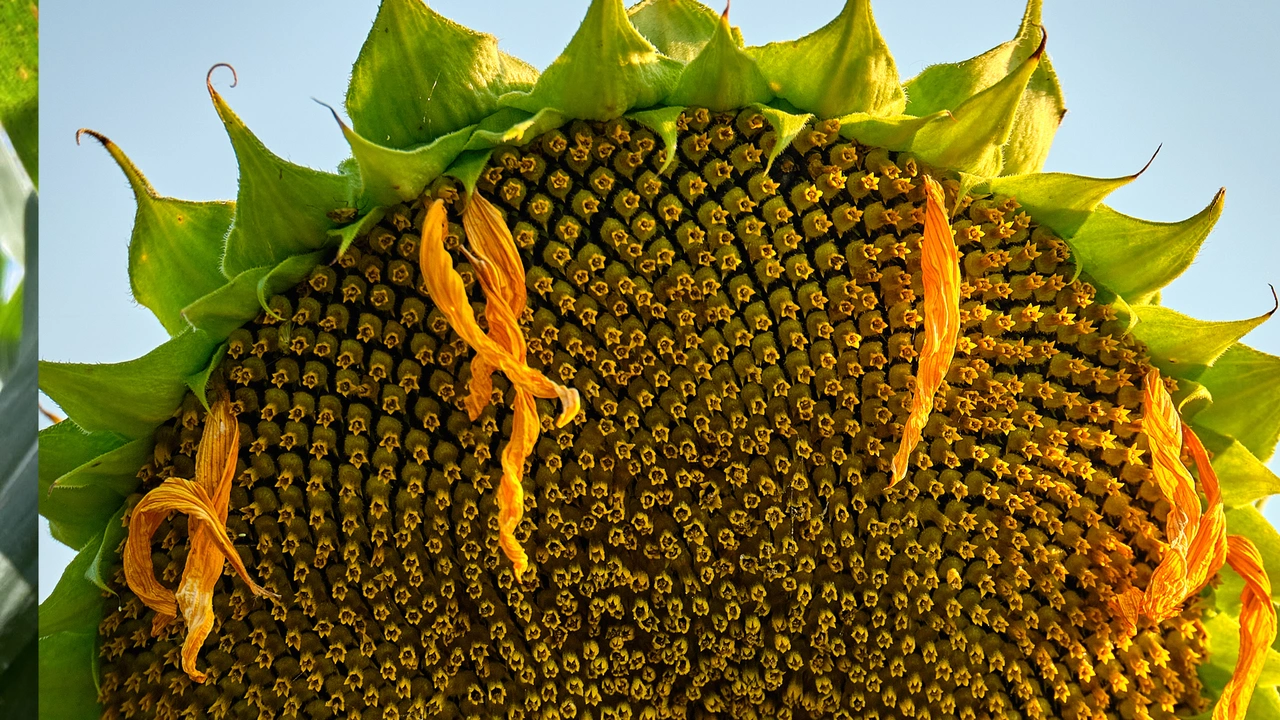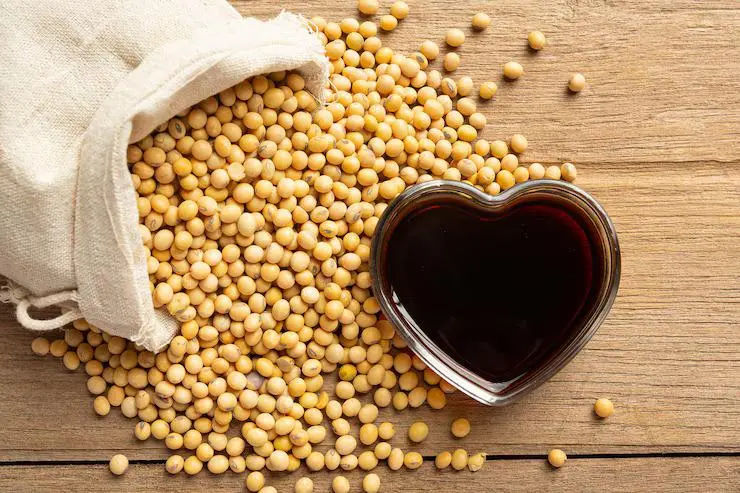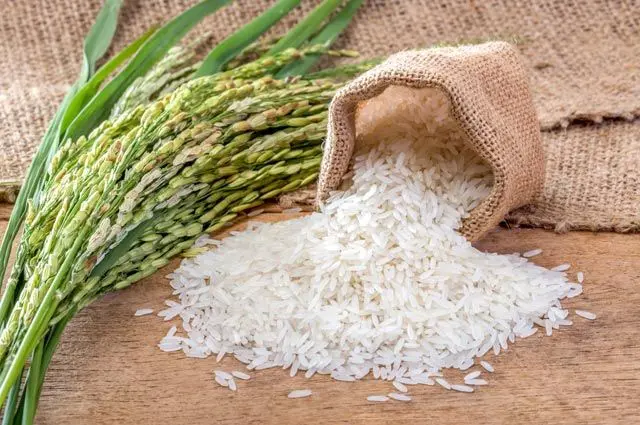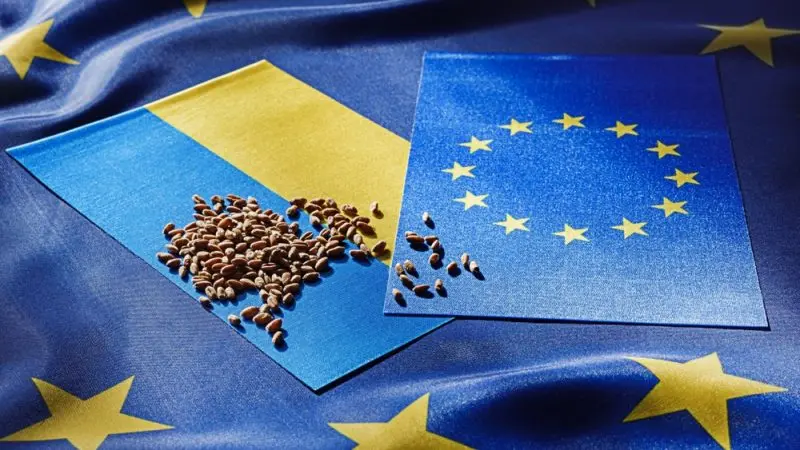72.71 percent rise in exports is fuelled by re-exports of imported soybean and sunflower oils to India, prompting scrutiny over compliance with SAFTA rules.
Nepal’s exports surged by 72.71 percent in the first 10 months of the current fiscal year ended mid-May. This dramatic increase was driven primarily by the re-export of edible oils—particularly soybean, sunflower, and palm oil—commodities that Nepal does not produce in sufficient quantities to even meet its domestic demand.
Of the total, edible oil exports to India amounted to Rs90 billion.
According to the Department of Customs, Nepal exported goods worth Rs217.91 billion during the review period, a sharp rise from Rs126.17 billion recorded during the same period last fiscal year.
If edible oil exports are excluded, total exports amount to just Rs127.89 billion, which shows the disproportionate impact of edible oil on overall trade figures.
Soybean oil exports increased 90-fold from the last fiscal year.


Detectives of the Main Detective Department of the Bureau of Economic Security of Ukraine exposed a company specializing in the production of sunflower oil for tax evasion on a particularly large scale, agronews.ua reports.
The investigation revealed that the company’s director reflected the purchase of sunflower seeds from enterprises with signs of fictitiousness in the tax reporting, which did not actually take place. Information about these operations was included in the documents submitted to the State Tax Service of Ukraine.
This allowed to inflate the cost part and evade payment of over 11 million UAH of value-added tax.
The detectives of the Bureau of Economic Security informed the director of the company of suspicion of committing a criminal offense under Part 3 of Article 212 of the Criminal Code of Ukraine (evasion of taxes on a particularly large scale).
During the pre-trial investigation, the detectives of the Bureau ensured that the company reimbursed the unpaid taxes to the budget and paid the penalty sanctions.
Louis Dreyfus Company (LDC) inaugurated a new automated production line for the processing of specialty feed lecithin, located at the site of its existing oilseeds crushing plant in Tianjin, China, and operating on 100% renewable electricity. Developed with the support of LDC’s R&D center in Shanghai, the new line will help meet growing demand, in China and globally, for specialty feed lecithin products such as enzymatically treated lecithin and low-viscosity lecithin.
“Leveraging LDC’s processing and innovation capabilities, our new production line will enable us to offer customized solutions tailored to feed industry requirements, in line with our strategic growth plans to expand into downstream markets with more value-added products, and as part of our ongoing drive to enhance the offer to, and experience of, our customers,” said James Zhou, LDC’s global head of Food & Feed Solutions and chief commercial officer for the group.
The line expands LDC’s lecithin offering to include:
- enzymatically treated lecithin that enhances oil and fat-soluble nutrient absorption in animal feeds, contributing to higher feed efficiency and reduced animal husbandry costs;
- low-viscosity lecithin that enables direct blending into feed, without requiring extreme heating or separate storage tanks.


Global sunflower oil imports in January-March 2025 decreased by 20%, most of all in the EU, China and India. This is due to the decrease in the competitiveness of sunflower oil and the increase in price premiums compared to soybean and rapeseed oil. This is reported by the German analytical agency Oil World.
According to forecasts by German experts, global consumption of sunflower oil is decreasing and will amount to 22.1 million tons in the current season against a record 23.6 million tons in the previous season. The largest reduction in consumption is expected in the EU, China, Iran, India and Turkey. At the same time, the decrease in exports from the Black Sea region is partially offset by the increase in supplies from Argentina, which increased by 18% to 539 thousand tons. tons in October-March 2024/25 marketing year, and Kazakhstan, which almost doubled its exports to a record 336 thousand tons. In contrast, Ukraine reduced exports by 1 million tons in the first half of the season, and vegetable oil exports from Russia have decreased by 18% since the beginning of the year, in particular sunflower oil – by 23% to 1.44 million tons.
Farmers plan for expansion in sunflower planting amid tight stocks and growing demand.
According to USDA, growers intend to plant more than 1.07 million acres of sunflowers in 2025, up 49% from 2024. Using a trend yield, the initial estimate of 2025 U.S. sunflower production is pegged at 1.84 billion pounds, which would represent an increase of 60% from last year.
Most of the increase is expected in oil-type sunflowers, with intended acres at 960,500, up 62% from 2024. Based on intended acreage and using a trend yield, oil-type sunflower production is projected to increase to 1.61 billion pounds in 2025, up 70% from last year.


The Global Soy Lecithin Market to grow at a CAGR Of 5.8% during the forecast period 2024- 2031.
The Soy Lecithin Market report, released by DataM Intelligence, offers comprehensive insights and thorough analysis of major market trends, growth prospects, and emerging challenges. With a strong focus on actionable intelligence, DataM Intelligence equips businesses with the knowledge needed to make strategic decisions and maintain a competitive advantage. Utilizing a blend of qualitative and quantitative research methodologies, the firm delivers in-depth reports that support clients in understanding complex market dynamics, fostering strategic development, and capturing new opportunities in today's rapidly changing global environment.
Japan’s surging rice prices have opened a rare window of opportunity for South Korean producers to export the staple food.
Japan imported the first rice from South Korea since 1999 as soaring prices of domestic grain fueled demand for foreign products despite heavy tariffs, a South Korean industry official said Monday.
The imports were made via the Japan office of South Korea’s National Agricultural Cooperative Federation, better known as NongHyup, which said it brought in and sold 2 tons of Korean rice online and at local supermarkets this month.
While the amount accounts for a sliver of Japan’s consumption, it offers a bright spot for South Korea’s overall exports, which were slammed in April by Donald Trump’s protectionist trade policies. It also comes at a time when Asian countries...


The European Union has decided to restore quotas on agricultural imports from Ukraine, which were lifted at the start of the full-scale invasion in 2022, to support Ukrainian farmers.
The updated restrictions will come into force on June 6, Bloomberg reports, citing the European Commission.
However, according to a European Commission spokesman, the quotas are a temporary measure and the EU is working on a revision of the Deep and Comprehensive Free Trade Area between the EU and Ukraine. The quotas available until the end of 2025 will be 7/12 of the normal annual volume.
No member state opposed the decision. Sweden, the Czech Republic, Denmark, Estonia, Finland, Germany, Ireland and Lithuania abstained.
It notes that agricultural exports are crucial to Ukraine’s economy, and easier trade with the EU has helped Ukrainian farmers overcome major challenges, including the temporary loss of their main export route across the Black Sea and production problems caused by mining and military conscription.
However, the surge in exports of relatively cheap Ukrainian goods to the EU market has led to resistance from local farmers in Poland, Hungary and Slovakia. This has provoked political confrontation over protectionist measures between neighboring countries, some of which, like Poland, were previously strong allies.